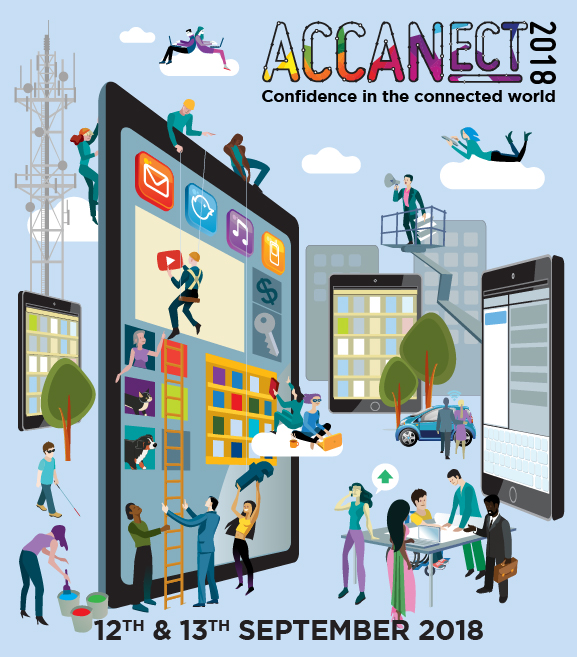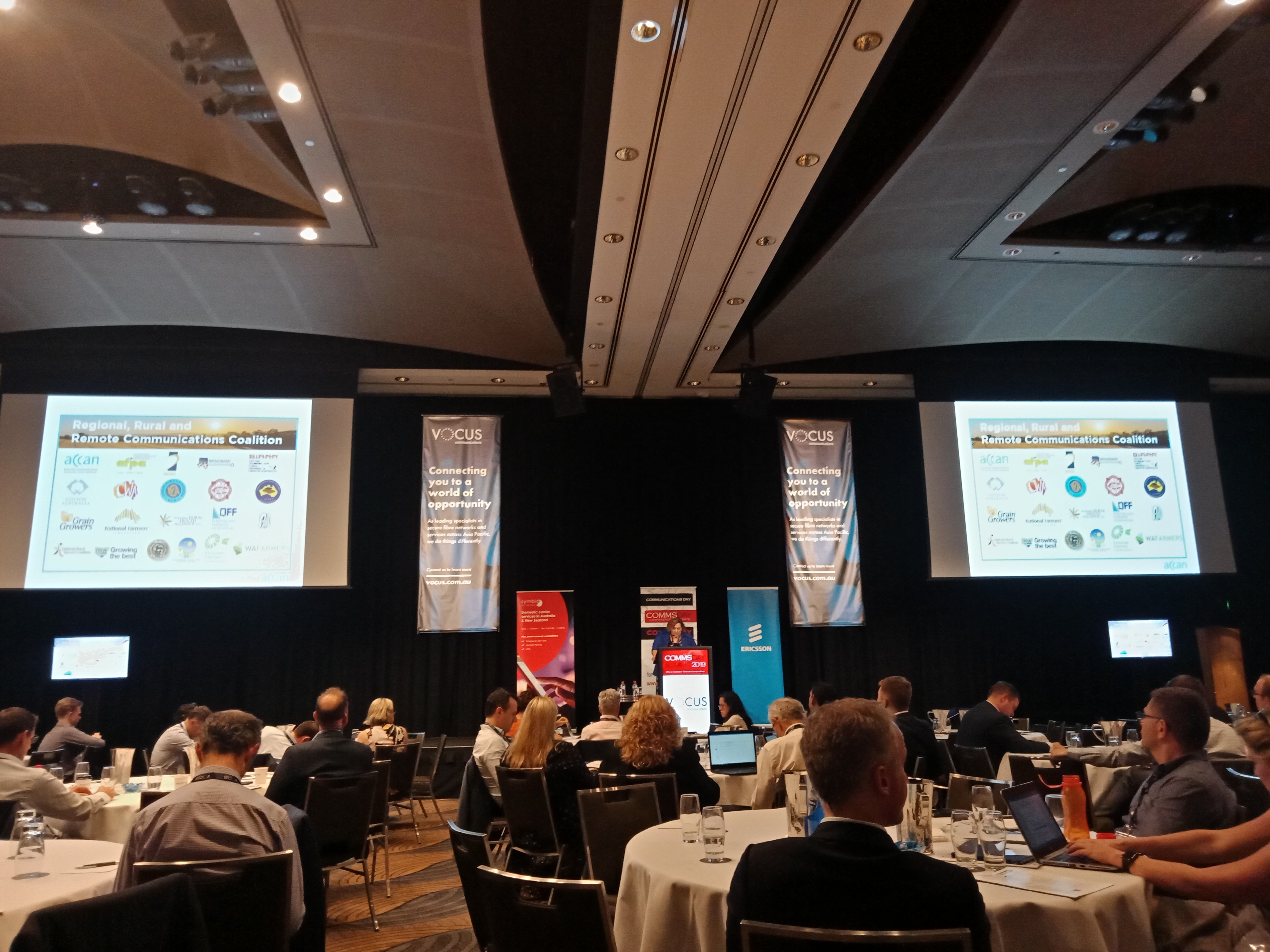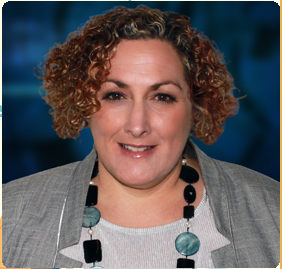Key Dates
Next Grant Round:
Applications for funding will open early 2025.
> Information about our Grants Program
Independent Grants Panel:
Results of the recent EOI will be notified Dec 2024.
> Information about our Panel
We can help: grants@accan.org.au
or phone 02 9288 4000
Subscribe to Grants Program mailings
Australia is becoming a more connected country than ever before. With approximately 14.2 million1 Australians connected to the Internet, it is quickly becoming the vehicle for much of our communication, information and commerce. However, for many regional, rural and remote Australians, there are considerable barriers to engagement with the digital world.
ACCAN CEO, Teresa Corbin, spoke at the Country Women’s Association of Australia’s National Conference where she presented on the main barriers that prevent rural Australians from maximising the economic and social benefits that today’s telecommunication services can provide.
Write comment (0 Comments) On the 12th and 13th September 2018, ACCAN held our annual conference - ACCANect. Revolving around the theme of ‘Confidence in the Connected World’, attendees were treated to two days full of informative talks and discussion panels from the telco industry, government bodies and academics.
On the 12th and 13th September 2018, ACCAN held our annual conference - ACCANect. Revolving around the theme of ‘Confidence in the Connected World’, attendees were treated to two days full of informative talks and discussion panels from the telco industry, government bodies and academics.
Mark Pesce, inventor, author, educator and broadcaster kicked off ACCANect 2018 by reflecting on the progress that Australia has made in the telecommunications industry and predicting what is to come. From the impending arrival of 8K television to the incorporation of hologram technology into our everyday lives, Mark emphasised the need for industries, governments and consumers to think about a future that is going to be more heavily reliant on communications infrastructure than we can imagine.
Read more: ACCANect 2018 - Conference Recap
Write comment (0 Comments) In mid-August NBN Co announced changes to wholesale prices charged to retail service providers (RSPs) e.g. Telstra, Optus, and others for fixed wireless services. We’ve taken a close look at what this is likely to mean for consumers, and this is where we’ve landed.
In mid-August NBN Co announced changes to wholesale prices charged to retail service providers (RSPs) e.g. Telstra, Optus, and others for fixed wireless services. We’ve taken a close look at what this is likely to mean for consumers, and this is where we’ve landed.
ACCAN has concerns that the proposed changes to pricing for fixed wireless will result in a material disadvantage to those consumers on low incomes that live in regional areas where nbn services are provided by fixed wireless towers. In particular, the movement to uniform prices will result in consumers currently accessing more affordable, albeit slower NBN fixed wireless offerings, being priced out of the market.
These changes follow similar changes in the way that fixed line services have been priced, and bring the wholesale pricing of fixed wireless services and fixed line services into alignment. ACCAN’s concerns regarding the changes to wholesale fixed line services can be seen here.
Read more: What do the NBN’s fixed wireless pricing changes mean for consumers?
Write comment (0 Comments) What is the Consumer Data Right (CDR)?
What is the Consumer Data Right (CDR)?
The CDR refers to the right of consumers to safely access certain data about themselves that is held by businesses. This data will be provided to consumers in a practical form and in a timely manner.
The CDR will also allow consumers to transfer their data to trusted third parties of their choice, and will require businesses to inform consumers about the disclosure of data to third parties.
Read more: Consumer Data Right – What Is It and What Does It Mean for Consumers?
Write comment (0 Comments)

ACCAN CEO Teresa Corbin recently spoke at the CommsDay Summit, a telecommunications industry event attended by regulators, consumer groups, telco executives and government representatives. Ms Corbin spoke about the inadequacies of the TCP Code in protecting consumers, how Australians with disability are being underserved by the telcos when it comes to their right to appropriate and independent information, and initial outcomes from ACCAN's work highlighting the need for affordable broadband across the country.
Her speech is available below.
Read more: ACCAN CEO Teresa Corbin addresses CommsDay Summit
Write comment (0 Comments)Have you ever gone into a telecommunications store with a plan of what you wanted, but came out with something different? Something more expensive?
ACCAN often hears stories of consumers who were sold more expensive plans or products than they had planned for and sometimes, more than they can afford. This results in difficulties keeping up with payments, and kicks off a spiral of financial problems with lasting consequences. Cases of mis-selling have been widely reported in the media recently1, and continue to occur. In February 2019, poor sales practices leading to customer debt was identified by the Telecommunications Industry Ombudsman as a systemic issue in complaints2.
Read more: Are You Being Sold? - A spotlight on telco sales commissions and targets
Write comment (0 Comments)Customer service in the telecommunications industry can be a frustrating experience for consumers who want and need to quickly and efficiently make contact with their provider.
In 2016/17 the Telecommunications Industry Ombudsman (TIO) received 158,016 complaints. 76,932 (48.7%) of these complaints related to customer service. In the first six months of 2017/18 a further 84,914 complaints were received by the TIO.
To discover the aspects of customer service most in need of improvement, ACCAN surveyed 1,347 customers of 10 telecommunications providers. The screening process for the survey found that in the last 12 months, 51% of respondents had made contact with their provider, not including routine contact to pay a bill or top up an account. This suggests over half of telecommunications consumers have had an issue or query relating to their service.
Read more: Can you hear me? Ranking the customer service of Australia’s phone and internet companies
Write comment (0 Comments) Over the past 10 months ACCAN has been representing consumers on an industry working committee reviewing the Telecommunications Consumer Protections (TCP) Code. We have consulted broadly with our members to ensure that the consumer voice is heard and worked closely with Legal Aid NSW, the other consumer representative on the Committee. A draft of the amended Code is now out for public comment.
Over the past 10 months ACCAN has been representing consumers on an industry working committee reviewing the Telecommunications Consumer Protections (TCP) Code. We have consulted broadly with our members to ensure that the consumer voice is heard and worked closely with Legal Aid NSW, the other consumer representative on the Committee. A draft of the amended Code is now out for public comment.
The Code is important because it sets out rules for how telcos must deal with their customers. It covers sales, customer service, contracts, billing, credit and debt management, financial hardship, and transfers between providers. It is a key component of the consumer protection framework for the telecommunications industry. This is especially the case now, in light of the significant rise in complaints to the Telecommunications Industry Ombudsman (TIO), and the rollout of the National Broadband Network (NBN) that is causing significant confusion and frustration for consumers.
Read more: TCP Code Review: Consumers must come first
Write comment (1 Comment) NBN Co has recently announced changes to wholesale prices charged to retail service providers (RSPs) from October 2018. These changes mean consumers can expect to pay higher prices to access NBN services.
NBN Co has recently announced changes to wholesale prices charged to retail service providers (RSPs) from October 2018. These changes mean consumers can expect to pay higher prices to access NBN services.
At the same time consumers can expect to have an improved experience as congestion in the network is addressed through greater dedication of bandwidth per individual customer.
The proposed changes to wholesale pricing will likely result in significant disadvantages for consumers on low incomes. ACCAN has been advocating for more affordable broadband and would like to see low income measures to address fairer NBN pricing.
Read more: ACCAN’s Analysis of NBN Co’s recently announced Pricing Changes
Write comment (2 Comments) Minister for Communications and the Arts Mitch Fifield, in response to an Australian Sign Language video question on the ABC’s Q&A program this week [at 35min 50sec], pledged that Australians who are Deaf, hearing and/or speech impaired will have the service they need when the Government implements the next National Relay Service (NRS) contract.
Minister for Communications and the Arts Mitch Fifield, in response to an Australian Sign Language video question on the ABC’s Q&A program this week [at 35min 50sec], pledged that Australians who are Deaf, hearing and/or speech impaired will have the service they need when the Government implements the next National Relay Service (NRS) contract.
The issue raised by Deaf Australia CEO Kyle Miers, is that the current cost of providing the NRS is in excess of $32 million per annum and the recently released NRS request for tender has capped the service funding at $22 million per annum for the next three year.
The question of how a 30% reduction in funding can ensure services will continue on a 24/7 basis was asked on behalf of the Coalition of NRS Users Organisations;
Read more: Support for the NRS and the Ministers pledge
Write comment (0 Comments) The NSW Law Reform Commission will examine laws regarding access to a deceased or incapacitated person’s social media account and other digital assets. The NSW Law Reform Commission outlines that digital assets can include images, videos, emails, online banking accounts, cryptocurrency, domain names, blogs and online gaming accounts.
The NSW Law Reform Commission will examine laws regarding access to a deceased or incapacitated person’s social media account and other digital assets. The NSW Law Reform Commission outlines that digital assets can include images, videos, emails, online banking accounts, cryptocurrency, domain names, blogs and online gaming accounts.
The move comes after concerns over what happens to digital assets after death or incapacitation in an increasingly connected world.
‘In today’s hyper-connected world, an unprecedented amount of work and socialising occurs online, yet few of us consider what happens to our digital assets once we’re gone or are no longer able to make decisions’, Attorney General, Mark Speakman, said.
Read more: Review of social media and other digital assets after death or incapacitation
Write comment (0 Comments) ACCAN CEO, Teresa Corbin, presented at the CommsDay Summit 2018 in Sydney on 9 April. This year's CommsDay Summit brought together telecoms industry leaders and politicians from across the country to discuss topics including the NBN, 5G, fixed and wireless technologies and the market.
ACCAN CEO, Teresa Corbin, presented at the CommsDay Summit 2018 in Sydney on 9 April. This year's CommsDay Summit brought together telecoms industry leaders and politicians from across the country to discuss topics including the NBN, 5G, fixed and wireless technologies and the market.
The speakers included Minister for Communications and the Arts, Senator the Hon Mitch Fifield, Telstra CEO, Andy Penn, as well as representatives from NBN, Huawei, Vodafone, ACMA and other telecommunications providers.
Teresa's presentation focused on four of ACCAN's key priorities for consumers in 2018:
• NBN & Consumers
• Consumer Protection
• Rural & Regional Issues
• Latest Affordability Stats
Read more: ACCAN presentation at Commsday 2018
Write comment (0 Comments)